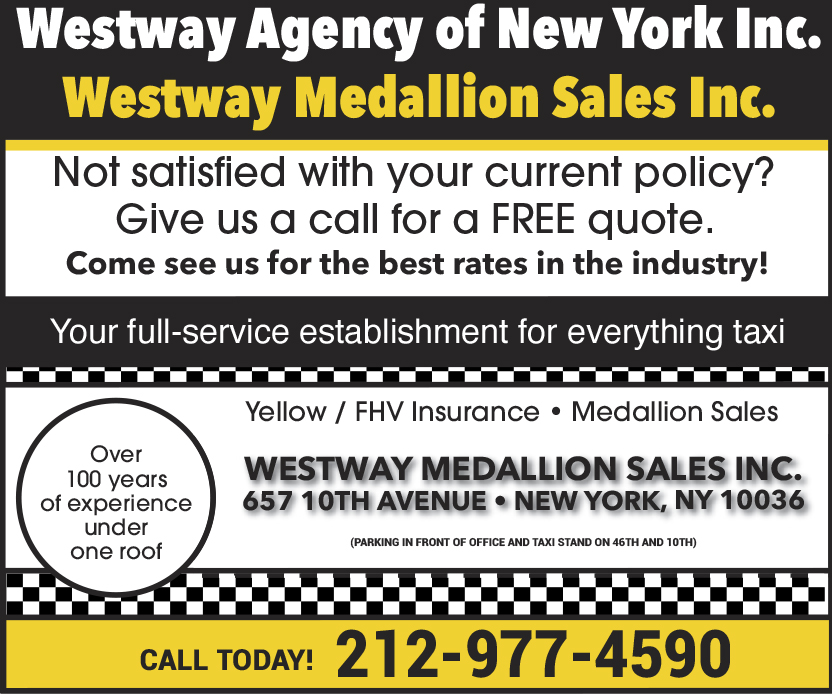A wide variety of industry groups, locals and commuters are seeking exemptions to the city’s congestion pricing plan, which most believe is inevitable in the next couple years. The Metropolitan Transportation Authority (MTA) began a public outreach campaign in September to sell congestion pricing to the masses – a first-of-its-kind toll for a U.S. city – with a series of public hearings. Agency officials acknowledge that each exemption granted will drive up the price to enter Manhattan from the MTA’s low estimate of $9 per trip to its high estimate of $35 per trip.
The groups seeking exemptions include police officers commuting into the city, Midtown residents, motorcyclists, taxi drivers, and city workers who live in New Jersey, among others. Some are calling for discounts and tax credits while others have asked for blanket exclusions altogether.
The congestion pricing legislation passed by Albany two years ago requires that the MTA achieve a $15 billion annual return that can go toward its unfunded capital plan. The MTA projects it can bond out congestion pricing revenue to reach $15 billion, but it needs to take in net revenue of $1 billion annually to reach that point.
Who ends up paying for that $1 billion is still subject to debate and will be a point of contention for the 16 months the MTA expects to conduct a federally-mandated environmental assessment.
So far, the MTA’s Transportation Mobility Review Board, a six-member panel in charge of recommending the price of the electric toll and the number of exemptions granted, has only allowed two carve-outs: vehicles that transport people with disabilities and emergency vehicles. The law also offers Midtown residents making under $60,000 per year a tax credit for tolls paid.
Source: Crain’s New York Business







